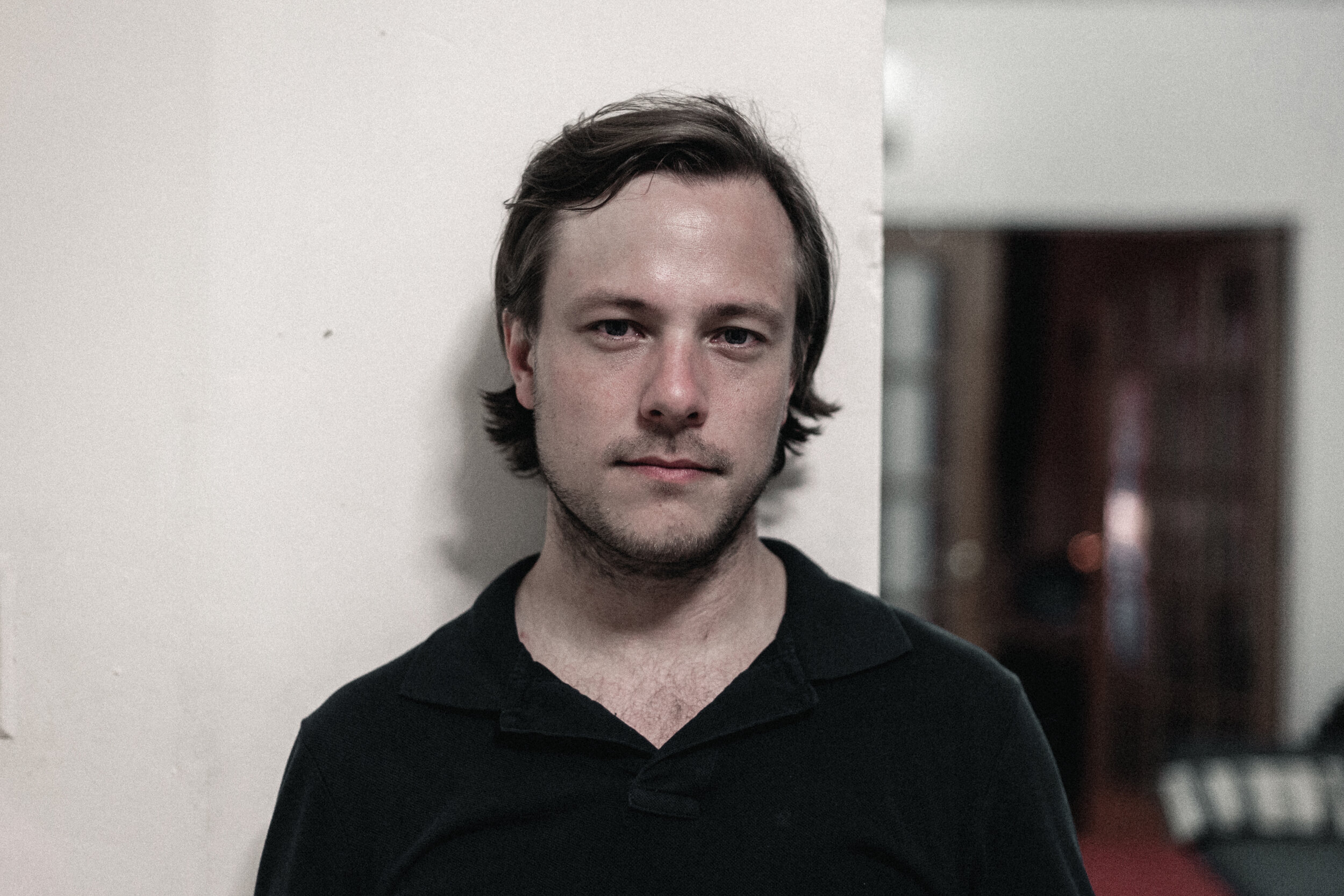Episode #38 - WARNING: This episode is a workflow episode. It is made for people with extensive knowledge in post-production and can be a confusing listen if you do not have an interest in the material. If you do not have that particular background skip to another one of our episodes.
Welcome to another Feature & a Short workflow episode where we chat about differences in working in Feature versus short movies. In this episode Director, Editor Justin Joseph Hall explains what criteria to look for when choosing a hard drive in general, but specifically what will save you time on feature projects.
Thank you to Bobby O’Brien for requesting this podcast
The Biggest difference between a selecting a hard drive for feature or a short movie is really the transcoding, export time, and transfer times (time to create backups).
The first thing to look for in either a feature or a short movie is the connection. There are three modern connections found in the fall of 2022
USB-C
Thunderbolt
USB-3.0
Ethernet connection to a network is also an option if you happen to be working off of a large storage network in an office. Otherwise another storage device to consider is a RAID = redundant array of independent disks. It’s probably not worth it to invest in an expensive RAID for short. There are 3 main ways to set up your RAID.
RAID 0
RAID 1
RAID 5
We go through all types, but recommend RAID 0 for editing digital video, mainly because it’s the fastest way to read and write data.
Don’t forget to backup your hard drives in three separate physical locations. Plan out before you start post-production where your three locations will be.
Justin suggests a few brands
G-RAID
Seagate
LACIE
OWC
Justin also suggests to diversify backup types including going through what an LTO tape is. Quatre-Vents is Fourwind Films’ sister company in Minnesota! They can be your solution for LTO Tapes and all other Post-Production needs . In the podcast Justin tells how you can get 70% back on video expenditures through tax incentives through Quatre-Vents. Some are direct rebates, just by hiring us and others in the region. Justin also goes through various options of powering your drive and pricing for drives. And don’t forget to always include hard drives in your budgets!
Thanks for listening! For more content like this check out other podcast episodes as well as our blog posts, where a wide variety of film and multimedia professionals share what they’ve learned.
Credits:
Production Company - Fourwind Films
Host - Justin Joseph Hall
Editor - Billie Jo Laitinen
Audio Mixer - Hans Bilger
The theme song of Season 6 is Getting It Done by Kevin MacLeod.





